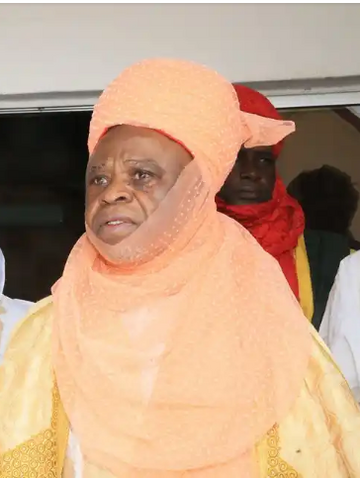The Lamido of Adamawa, Alhaji Muhammadu Barkindo Aliyu Musdafa, has called for the swift automation of Nigeria’s judicial system to reduce crime and ensure timely justice.
He made the call in Abuja at the second annual Access to Justice Parley and the unveiling of the 2024 Justice Sector Assessment, organised by the Public and Private Development Centre (PPDC) with support from the US Department of State’s Bureau of International Narcotics and Law Enforcement Affairs.
The traditional ruler commended the PPDC for the initiative, which he said serves the common man, who is often the most affected by injustice. “This programme has alleviated and reduced the suffering of the masses, who face injustice across the country.
“If continued, Nigerians will begin to see improvements not only in the judiciary but in other critical sectors like the Police Force and Correctional Services, where outdated facilities still exist,” the Lamido, represented by Alhaji Aminu Abdulkadir, Wali Adamawa, stated.
- Harnessing financial inclusion for economic growth
- Imperative for FCT Borderline Community Development Commission
The Lamido further said the global shift from analogue to automated systems has been transformative.
He stressed that Nigeria must not be left behind, as analogue systems slow down the delivery of justice, leading to increased suffering for citizens.
Earlier, the Chief Executive Officer of PPDC, Ms. Lucy James Abagi, addressed the state of Nigeria’s criminal justice system, which she described as a network of underdeveloped courts, law enforcement agencies, prosecution offices, and correctional facilities.
“These institutions lack the capacity to meet the justice needs of the population, and the judicial process is hindered by systemic delays. These delays contribute to the growing number of pretrial detainees and raise serious human rights concerns,” she explained.
Abagi outlined their goal of reducing the number of pretrial detainees by 50% within the next decade.
With support from the US Department of State, PPDC has piloted court digitization and virtual hearing systems in three states-Kaduna, Nasarawa, and Plateau-affecting 24 courts.
The initiative will extend to additional states, including Ebonyi, FCT, and Oyo, to digitize 33 courts in total.
Despite these efforts, she noted that there are still over 1,000 courts nationwide, including magistrate and customary courts.
Abagi highlighted the success of the Reforming Pretrial Detention in Nigeria (RPDN) Project Phase II, which provides free legal representation for pretrial detainees in six states: Kaduna, Nasarawa, Plateau, FCT, Adamawa, and Lagos.
The initiative, she said, has already represented 2,473 detainees in custodial centres and secured the release of several detainees on bail.

 Join Daily Trust WhatsApp Community For Quick Access To News and Happenings Around You.
Join Daily Trust WhatsApp Community For Quick Access To News and Happenings Around You.

